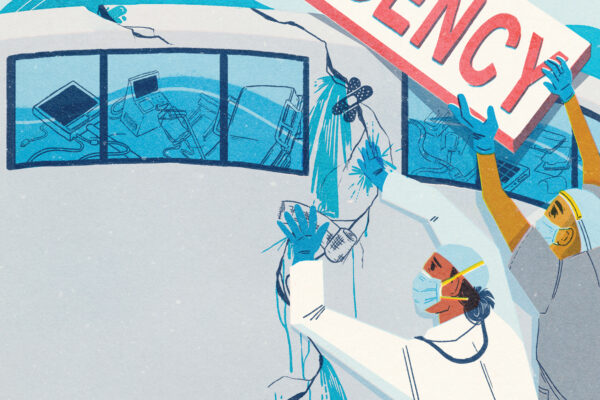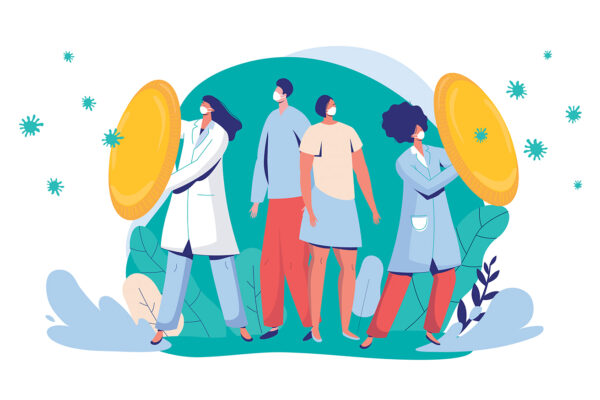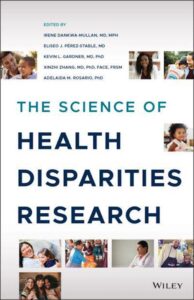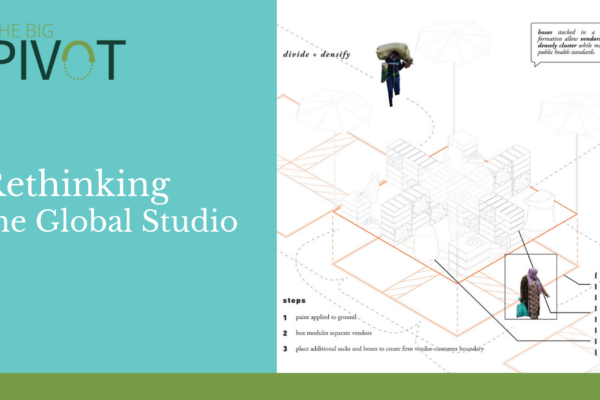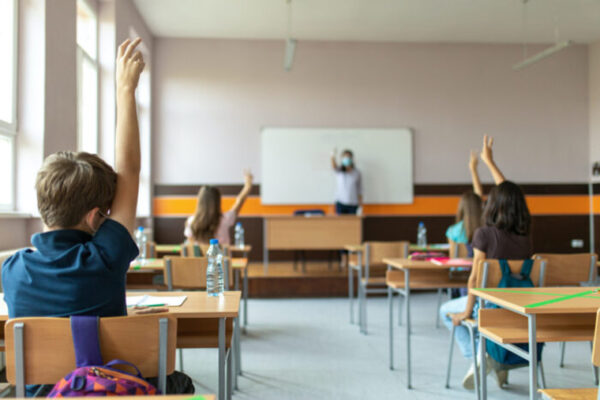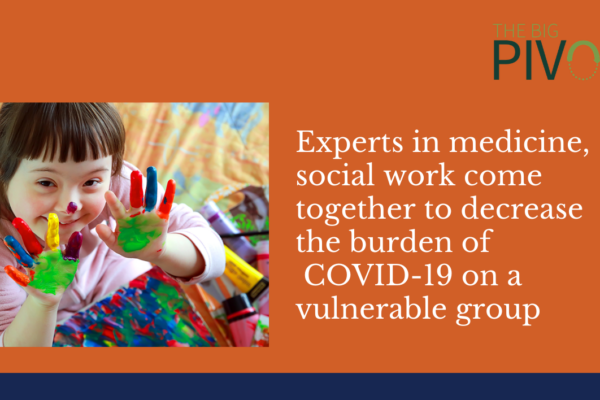Public health after COVID-19
The COVID-19 crisis could reshape public health for the better.
Communicating about COVID-19
Matthew Kreuter, the Kahn Family Professor of Public Health at the Brown School, is trying to make sure everyone understands the COVID-19 vaccine.
Leana Wen: When science and politics vie
During the pandemic, Leana Wen had to sort through the confusion when politicians and pundits contradicted health experts.
Modeling the pandemic
Since early in the pandemic, researchers at the McKelvey School of Engineering at Washington University in St. Louis have been using data modeling to assess the effects mitigation measures might have on everything from the spread of transmission to the economy. Now, with the US and other countries again experiencing rising cases, their research is as relevant […]
Implementation science should give higher priority to health equity
Moving scientific research results into public health and patient care more quickly could have a significant impact on health equity, finds a new paper from researchers at the Brown School at Washington University in St. Louis.
The Science of Health Disparities Research
“The Science of Health Disparities Research” is an indispensable source of up-to-date information on clinical and translational health disparities science. Building upon the advances in health disparities research over the past decade, this authoritative volume informs policies and practices addressing the diseases, disorders, and gaps in health outcomes that are more prevalent in minority populations […]
A new approach to teaching urbanism abroad
In response to COVID-19, faculty members Jonathan Stitelman and Derek Hoeferlin of Sam Fox’s Global Urbanism Studio quickly pivoted not only their teaching model but also the very topic of study.
COVID-19 transmission rare in schools with safety measures
Wearing masks, social distancing and frequent hand-washing have kept in-school COVID-19 transmission low, according to results of a pilot study in Missouri involving the School of Medicine.
One pandemic year later, what’s next?
As we mark the one-year anniversary today of the World Health Organization first declaring a global COVID-19 pandemic, Washington University in St. Louis experts, including from its School of Medicine, look both back and ahead.
Joining forces to tackle a public health challenge
Researchers at Washington University School of Medicine in St. Louis and the Brown School are working together to decrease the burden of COVID-19 on a vulnerable group. The School of Medicine will offer 50,000 saliva tests for the SARS-CoV-2 virus to students, teachers, and staff in the six special education schools operated by the Special School District of St. […]
Older Stories
